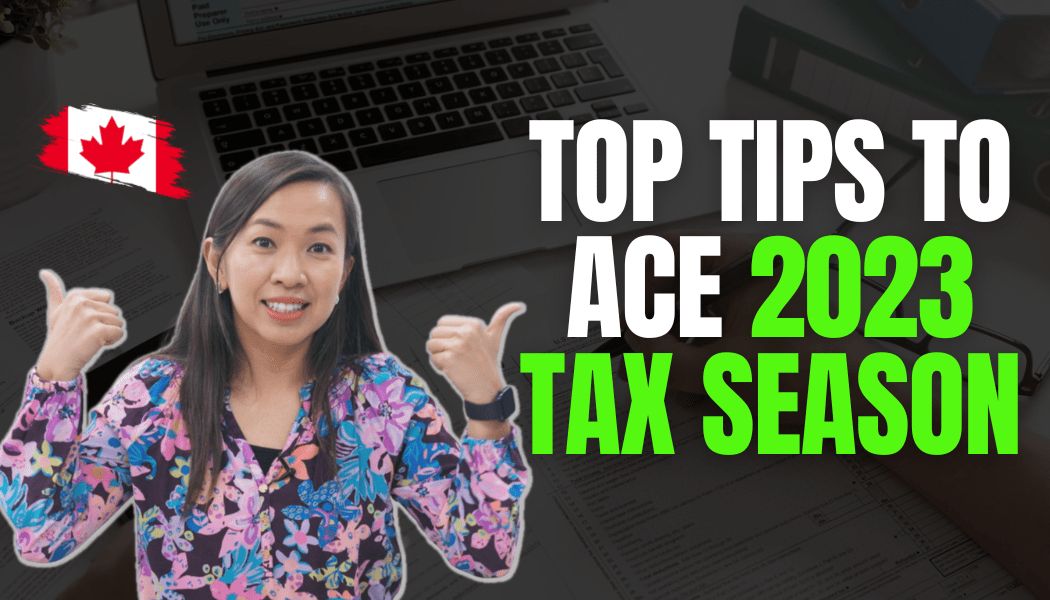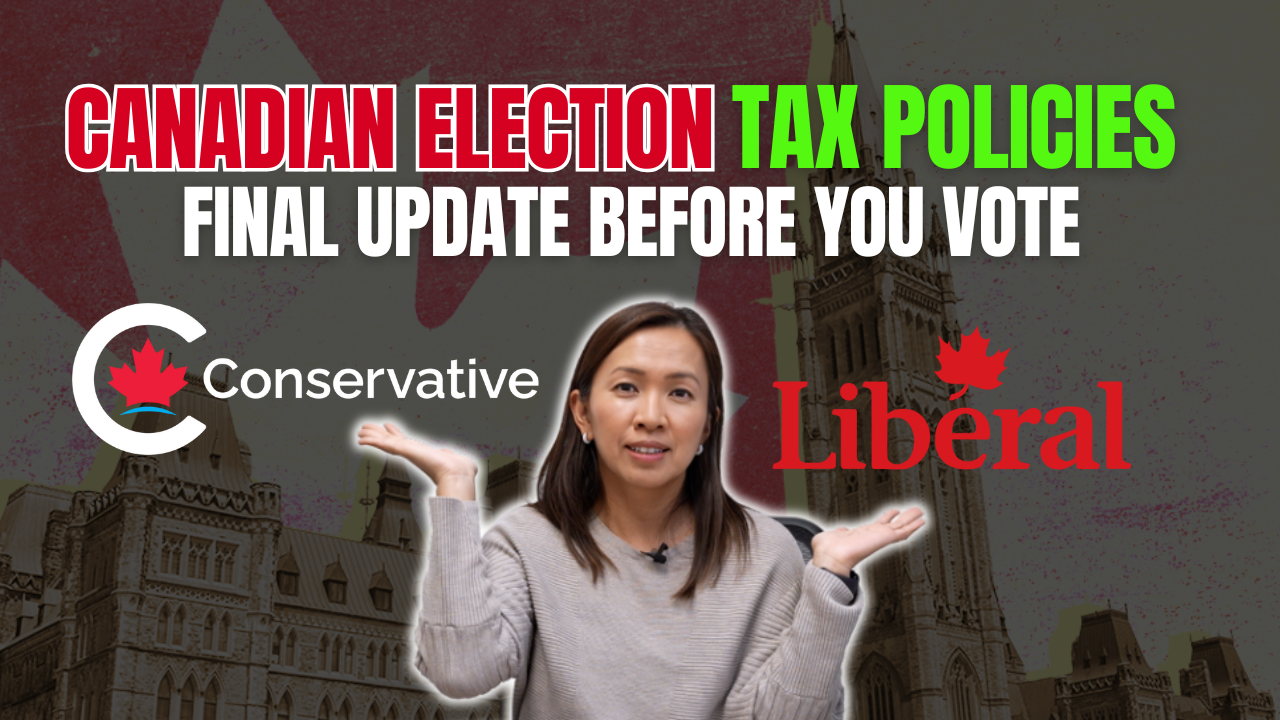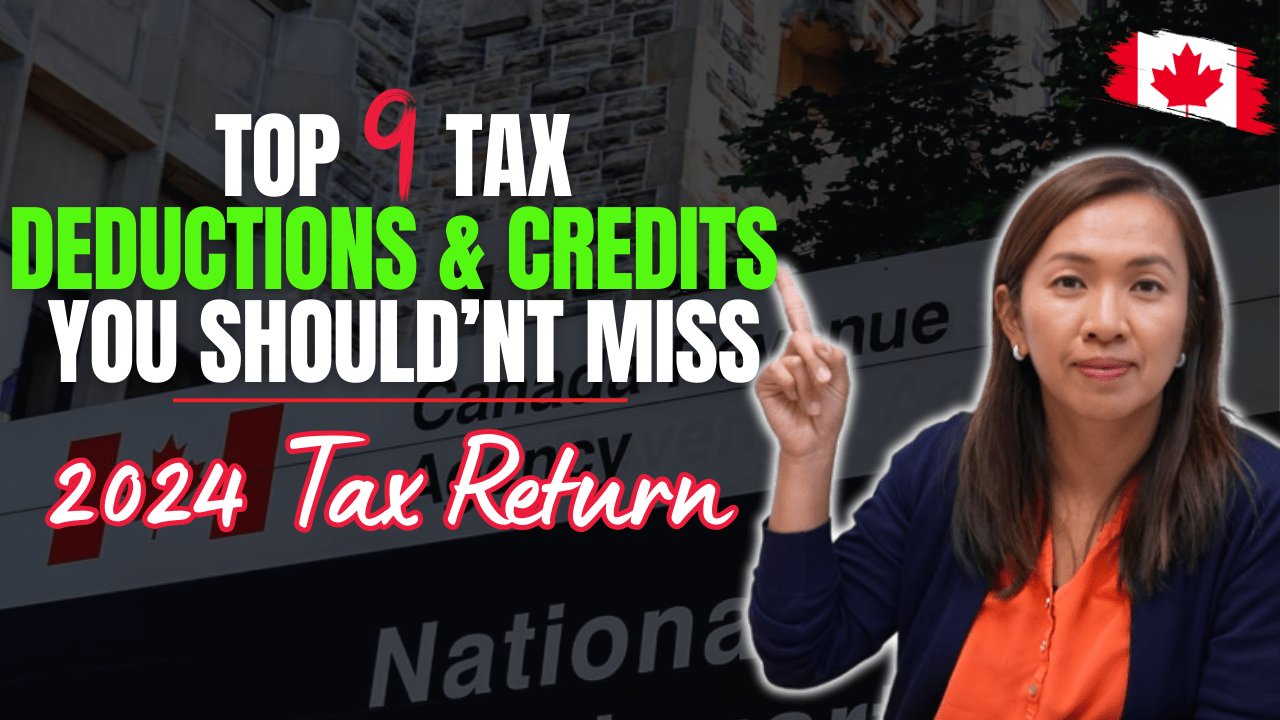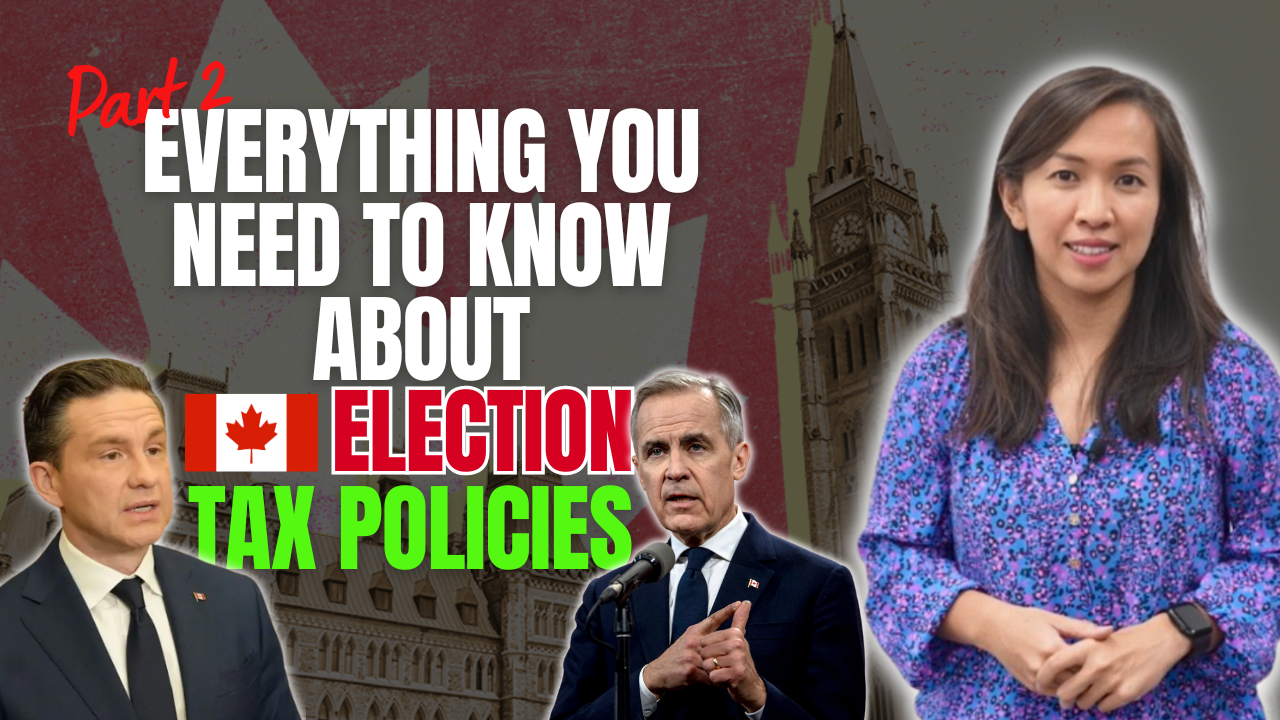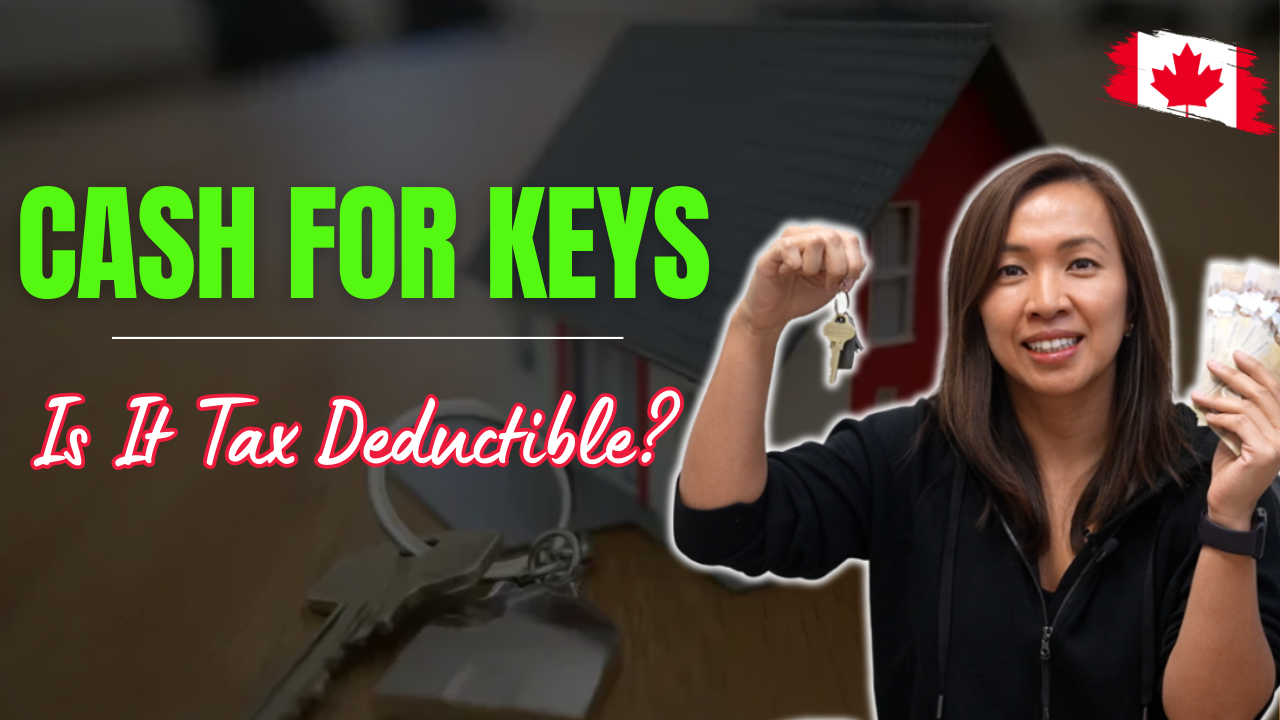Last week, we discussed a very stressful but relevant topic – the Underused Housing Tax Act.
I thought we could use some lighter topic, and somewhat more relevant topic this week – top tips on how to prep for your 2022 tax season as a real estate investor.
It seems like the Artificial Intelligence program ChatGPT knows about almost everything… so I decided to give it a try, and ask ChatGPT for the top tips on prepping for your 2022 tax filing… and I made a few comments on its suggestions that you would find useful…
Welcome to my blog, where we help Canadian real estate investors get ready for tax season 2022. As a real estate investor, tax season can be especially challenging. With a little bit of preparation, you can make the process easier and ensure that you get the most out of your tax return. In this video, we’ll go over some tips and tricks to help you get ready for tax season 2022 as a Canadian real estate investor.
- Gather your documents:
The first step in preparing for tax season is to gather all of your documents related to your real estate investments. This includes your rental income, expenses, and any receipts for tax deductions or credits related to your rental properties. You should also have your previous year’s tax return on hand, as it can be a helpful reference point.
I couldn’t have agreed more. Make sure you keep all your documents, including all legible receipts, bank statements, credit card statements, closing documents, refinancing documents, and line of credit statements, as proper supporting. Keep in mind that if you don’t have legible receipts, CRA can disallow your tax deductions.
- Keep track of your expenses:
As a real estate investor, you can deduct many expenses related to your rental properties. This includes mortgage interest, property taxes, repairs and maintenance, and property management fees, among others. It’s important to keep track of these expenses throughout the year to ensure that you don’t miss any deductions come tax season.
If you found ChatGPT’s answer a bit too generic, feel free to refer back to our previous blog post and YoutTube on Top 10 Tax Deductions for Real Estate Investors so you know how to maximize your tax deductions.
- Consider capital gains tax:
If you’ve sold a rental property in the past year, you’ll need to pay capital gains tax on the profit you made from the sale. It’s important to understand how capital gains tax works and to keep track of your cost basis and any improvements you’ve made to the property to reduce your tax liability.
As a side note, if you sold a property for capital gain, you can refer back to this blog post and YouTube video to help you figure out ways to lower your taxes.
Again, profit from selling a property does not automatically mean that you have capital gain taxes. If your intention is to sell the property for a profit, you may have to report the profit as income.
As a friendly reminder, you might still be able to make a RRSP contribution on or before March 1 to lower your personal taxes on capital gain.
- Use tax software:
Using tax software can simplify the process of preparing and filing your tax return as a real estate investor. There are several options available, including software specifically designed for real estate investors. Make sure to choose a software that is appropriate for your tax situation.
There is no specific tax software for filing for real estate investor unfortunately. Most off the shelf softwares would be equipped with the tax forms required for real estate rentals, as they are provided by Canada Revenue Agency.
- Consider hiring a professional:
If your real estate investments are more complex, such as owning multiple properties or investing through a corporation, you may want to consider hiring a professional tax preparer. They can help ensure that your tax return is accurate and maximize your tax savings.
I couldn’t have agreed more. As solid as some of the advices provided by ChatGPT, there’re still many fine prints and details that you would need. Make sure you consult with a professional who understand real estate taxes to minimize taxes.
- Check your return before submitting:
Before submitting your tax return, make sure to review it for any errors or omissions. This can help prevent delays or issues with the Canada Revenue Agency (CRA). If you’re using tax software, it should have a review process built-in that can help catch any mistakes.
Conclusion: Preparing for tax season 2022 as a Canadian real estate investor may seem daunting, but with these tips and tricks, you can make the process easier and less stressful. Remember to gather your documents, keep track of your expenses, consider capital gains tax, use tax software, consider hiring a professional, and check your return before submitting. Thank you for reading and happy tax season!
Before I complete my blog post today, there’re a couple more tips from me, Cherry, as Your Real Estate Accountant, I would like to share with you:
- Don’t forget about the Underused Housing Tax Act filing – the filing deadline is April 30, 2023 for affected owners of residential properties 3 units and under. You might be exempted from the tax, but you can still have filing obligation!
- You might not have the money to pay all the taxes, but filing on time would help you avoid penalty. You can arrange for a payment plan with CRA after you complete the filing. The key is to file on time! For individuals who is not self employed, filing deadline is May 1, 2023. For individuals who are self-employed, filing deadline is June 15, 2023.
- For business owners out there, make sure you are reporting some income from your business, assuming your businesses are making profit. We’ve seen clients reporting zero personal income wasting the low marginal tax rates that every Canadian is entitled to. Poor tax planning.
- Start planning for next year! If you think you’re not structuring your investments and businesses the right way, and want to have a second pair of eyes, make sure you come to our team early. 😊 Planning isn’t done after the fact, planning is done ahead of time.
Until next time, happy Canadian Real Estate Investing.
Cherry Chan, CPA, CA
Your Real Estate Accountant
